Sleep apnoea is an increasingly common disorder that affects millions of Australians. It can cause snoring, daytime fatigue and other symptoms, and can be very disruptive to your quality of life. While the most common treatment for sleep apnoea is continuous positive airway pressure (CPAP) therapy, a dentist may also be able to help. Let’s take a look at how a dentist could help you with your sleep apnoea.
What is Sleep Apnoea?
Sleep apnoea is a condition in which breathing stops during sleep due to a narrowing or obstruction of the airway. This temporary blockage in the airway results in pauses in breathing, which can last from several seconds to minutes at a time. People with sleep apnoea experience difficulty staying asleep and often wake up feeling exhausted despite sleeping for long periods of time. Other symptoms include loud snoring, dry mouth upon waking up, morning headaches, and difficulty concentrating during the day.
How Is It Typically Treated?
The most common treatment for sleep apnoea, is called continuous positive airway pressure (CPAP) therapy. This therapy involves using a machine that delivers pressurised air through a mask or nosepiece to keep the airway open throughout the night. While CPAP therapy is highly effective, some people find it uncomfortable or unwieldy. If this is the case for you, it may be worthwhile consulting your dentist for extra help.
How Can a Dentist Help?
For many people, sleep apnoea is caused by problems in the jaw and mouth, which can be corrected with the help of a dentist. For example, an incorrect bite or missing teeth can create airway obstructions and make CPAP therapy less effective. A dentist can help diagnose these problems and recommend treatment options, such as oral appliance therapy (OAT), to maintain an open airway during sleep.
Oral Appliance Therapy
This treatment involves wearing a device in your mouth while you sleep to keep your airway open and prevent pauses in breathing. The device looks like an orthodontic retainer or sports mouth guard and is custom-made to fit your teeth and jaw. It works by pushing the lower jaw forward slightly so that the airway remains open while you are sleeping.
Oral appliances are often recommended as an alternative to other treatments such as CPAP machines as they are quieter, easier to use and more comfortable. Additionally, in some cases, they are also proven to be more effective at reducing symptoms of sleep apnoea for certain patients.
A visit to the dentist may not be top-of-mind when you’re thinking about treating your sleep apnoea; it could make all the difference when it comes to getting relief from your symptoms without having to use costly or invasive treatments such as CPAP therapy or surgery.
If you have been diagnosed with sleep apnoea, speak with Suncoast Dental to find out how our team may be able to help you find relief through an oral appliance designed specifically for you. With a comfortable fit and effective treatment results, this type of custom-made device could provide you with much-needed relief so that you can get back to feeling well-rested again! Contact us today on 07 5443 3500





